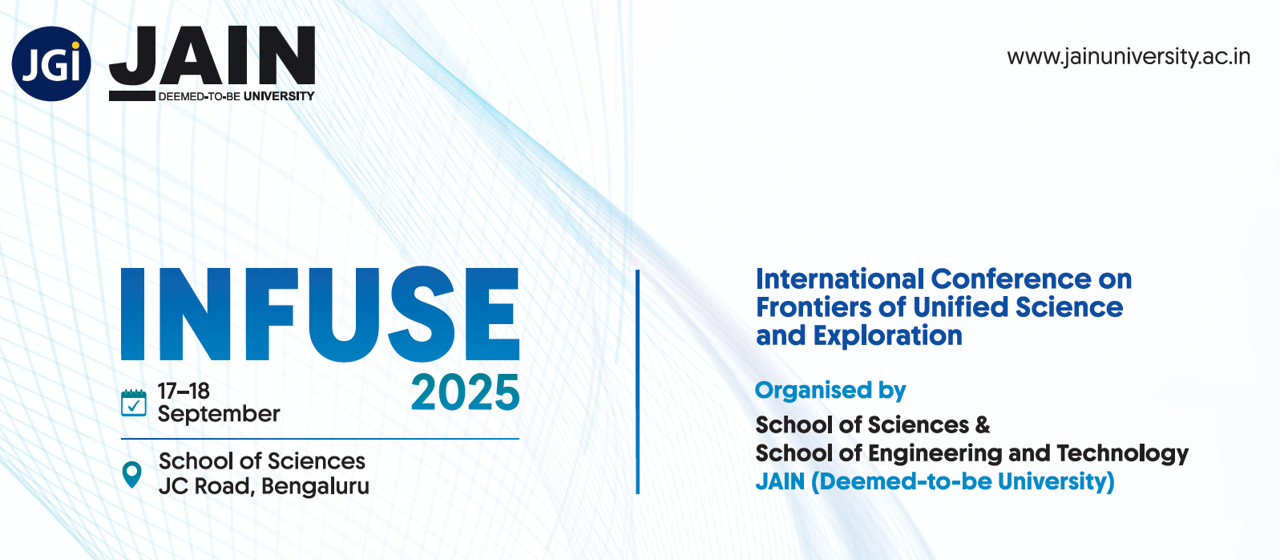Speakers
Description
Alice in Wonderland Syndrome (AIWS) is a rare and poorly understood perceptual disorder marked by transient visual and spatial distortions, commonly triggered by migraines, viral infections, or epileptic activity. Current treatments are limited and indirect, focusing on the underlying cause rather than the syndrome itself. In this context, Hypericum perforatum (St. John’s Wort), a medicinal plant long used for neurological and mood-related conditions, presents an intriguing yet unexplored possibility.
Rich in neuroactive compounds like hyperforin and hypericin, H. perforatum exerts broad effects on serotonin, dopamine, and glutamate pathways—key neurotransmitter systems often disrupted in AIWS triggers. Its documented use in mild depression, migraine attenuation, and cognitive enhancement suggests potential overlap with AIWS pathophysiology. While no direct evidence links this herb to AIWS treatment, its neuroprotective, anti-inflammatory, and neurotransmitter-modulating actions open a speculative but promising avenue.
This paper proposes a novel neuroherbal hypothesis: that H. perforatum may offer therapeutic benefit in AIWS when linked to migraine or neuroinflammatory states. The concept demands further exploration through targeted pharmacological and clinical studies to validate efficacy and safety. In the realm of rare disorders with limited options, such plant-based hypotheses may hold seeds of future breakthroughs.

